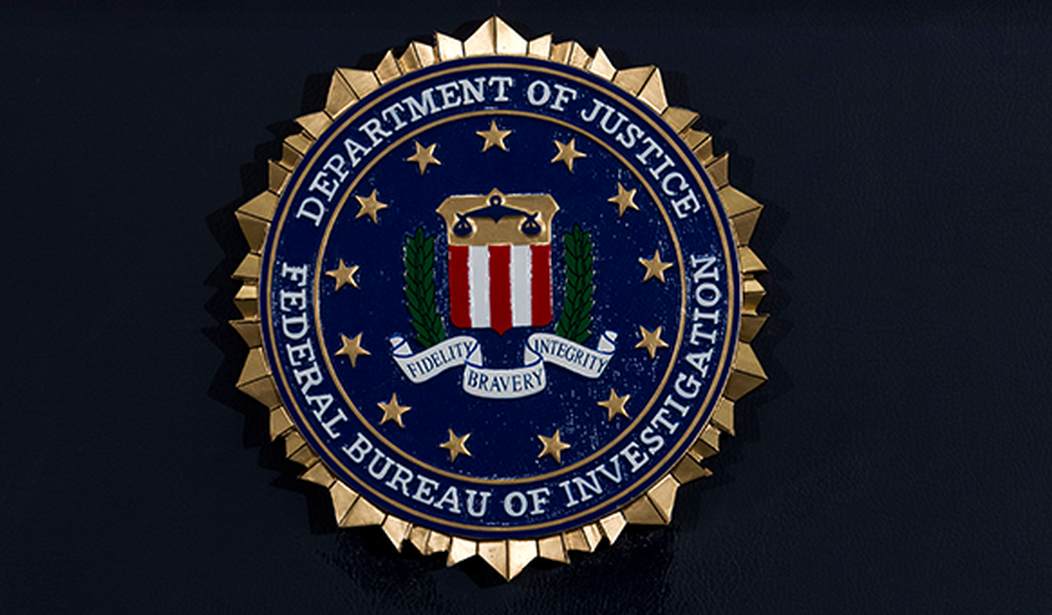The FBI isn’t doing so well at the moment. Only a month after an investigation exposed how badly they botched the probe into Larry Nassar, who was convicted of molesting young female gymnasts, it was revealed that some of its agents came up with a questionable way to fight sex trafficking.
Reuters reported that at least one agent “faces potential disciplinary measures” after it was discovered that he asked a female staffer to take “provocative” pictures of herself to be used in an undercover sex-trafficking operation. Inspector General Michael Horowitz put out a memo explaining that this particular agent’s actions were “not an isolated incident” and that there were other situations in which agents have made similar requests of female staffers. The document indicates that these women posed as minor children and sex workers.
The women’s faces were blurred and they did not remove any clothing. But they were not “certified undercover or covert employees,” according to Reuters.
The agent at the center of the Inspector General’s probe did not obtain written consent from the staffers and he asked them “not to tell anyone, including their supervisors, about the UC [undercover] operations.”
Horowitz indicated that these actions could have placed the female staffers in danger. He noted that “this conduct poses potential adverse consequences” and places them “in danger of becoming the victims of criminal offenses.”
However, it appears that the Bureau neglected to put any rules into place that might stop an agent from engaging in this type of conduct.
From Reuters:
Horowitz said the FBI had no policy in place concerning the use of photos of non-certified undercover staff in undercover operations. He urged the FBI to establish one and to make sure agents obtain written consent from employees who appear in photographs for undercover operations.
The FBI responded with a memo of its own in which it stated it would “evaluate existing policy and determine which policies require adjustment,” and that the agent’s conduct would be placed before the Office of Professional Responsibility.
Everyone wants those who sex traffic minors to be brought to justice, but this is a rather bizarre story. The question is, why did these agents feel the need to enlist the aid of staffers who were not cleared for this type of work? Don’t they already have agents who are able to pose as bait for unsuspecting sex traffickers?
It would seem like common sense that one would not hit up a female staffer and ask her to take suggestive photos of herself to aid in an operation. Indeed, the fact that the agent told them not to tell their bosses about it demonstrates that he knew he was treading in precarious territory. This is the type of situation that could easily become a scandal if these women felt they were being pressured to comply with what these agents were asking.
But we can take solace in the fact that the FBI will put written policies into place to prevent this from happening again. Next time an agent sidles up to a female employee and asks if she can do him a favor for the good of sex trafficking victims, there will at least be a rule in place that says, “don’t do that ya putz.”
Of course, given how the Bureau handled the Nassar case, we can probably expect this to happen again regardless of any new guidelines.













